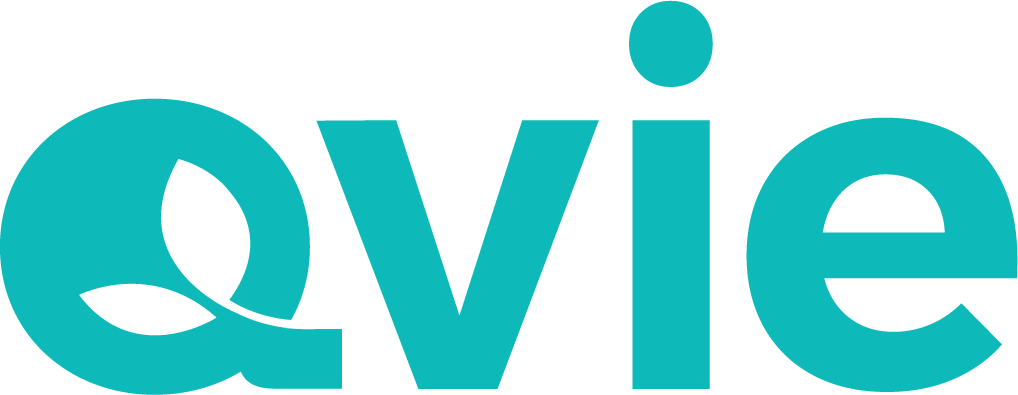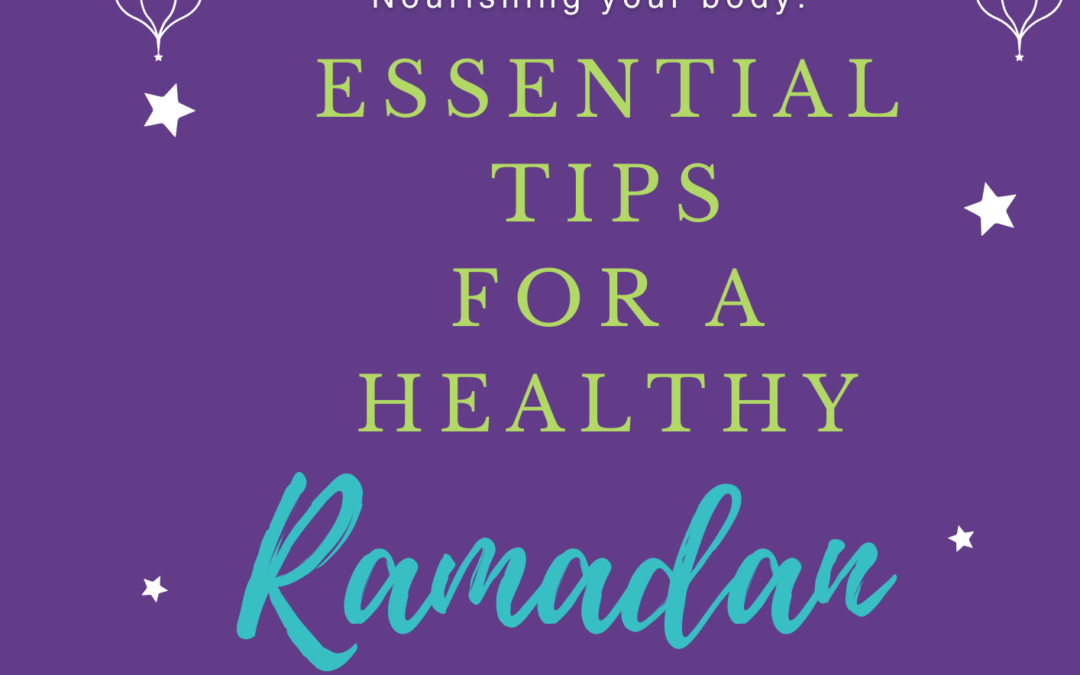Nourishing Your Body: Essential Tips for a Healthy Ramadan
As the sacred month of Ramadan approaches, it’s crucial to prioritize your health while observing this special time of spiritual reflection and fasting. Contrary to common misconceptions, your nutritional needs during Ramadan remain consistent throughout the year. However, adapting your eating habits to support your body’s needs during this period can lead to a healthier and more fulfilling experience.
- Mindful Consumption:It’s tempting to indulge in lavish meals during Iftar and Suhoor, but overeating can strain your digestive system and lead to discomfort. Instead, opt for balanced portions that provide sustained energy throughout the day. Consider spacing out your meals and snacks to avoid feeling overly full.
- Embrace Nutrient-Dense Foods: Incorporating plenty of fruits and vegetables into your meals is essential for maintaining optimal health during Ramadan. These natural sources of fiber, vitamins, and minerals not only nourish your body but also aid in digestion and hydration.
- Strategic Suhoor: Delaying Suhoor slightly can help regulate your appetite and thirst during the fasting hours. Focus on consuming complex carbohydrates, lean proteins, and healthy fats to sustain your energy levels throughout the day.
- Hydration is Key: Dehydration can be a common concern during Ramadan, especially in warmer climates. Make a conscious effort to drink plenty of water between Iftar and Suhoor to replenish fluids lost through fasting. Avoid sugary beverages and opt for water, herbal teas, or natural fruit juices instead.
- Mind Your Salt Intake: Excessive salt consumption can exacerbate thirst and lead to bloating. Be mindful of your sodium intake by limiting processed foods, salty snacks, and condiments. Instead, flavor your meals with herbs, spices, and natural seasonings.
- Opt for Lighter Fare: Heavy, greasy foods can weigh you down and leave you feeling sluggish. Choose lighter, nutrient-rich meals that provide sustained energy without unnecessary calories. Incorporate whole grains, lean proteins, and plant-based options into your menu.
- Sweeten Smartly: While it’s tempting to indulge in sugary treats during Ramadan, excessive consumption can lead to energy crashes and weight gain. Opt for healthier alternatives like Qvie or fresh fruits to satisfy your sweet tooth without compromising your health.
- Say No to Soft Drinks: Carbonated beverages can wreak havoc on your digestive system and contribute to bloating and acidity. Replace soft drinks with water, herbal infusions, or natural fruit juices to stay hydrated and support your overall well-being.
- Prioritize Physical Activity: Staying active during Ramadan is essential for maintaining muscle mass, burning calories, and boosting your mood. Incorporate gentle exercises like walking, stretching, or yoga into your daily routine, and consider participating in Tarawih prayers or community sports activities.
When breaking your fast (Iftar):
– Start with Dates: Dates are a traditional and nutritious way to break your fast, providing a quick source of energy and essential nutrients.
– Hydrate Wisely: Sip on room temperature water slowly to rehydrate your body without overwhelming your digestive system.
– Create Balanced Meals: Aim for balanced meals that include a variety of food groups, such as whole grains, lean proteins, healthy fats, and colorful fruits and vegetables.
Remember, Ramadan is not just a time for spiritual reflection but also an opportunity to prioritize your health and well-being. By adopting these simple yet effective strategies, you can nourish your body, mind, and soul throughout this auspicious month. Wishing you a blessed and healthy Ramadan ahead!

